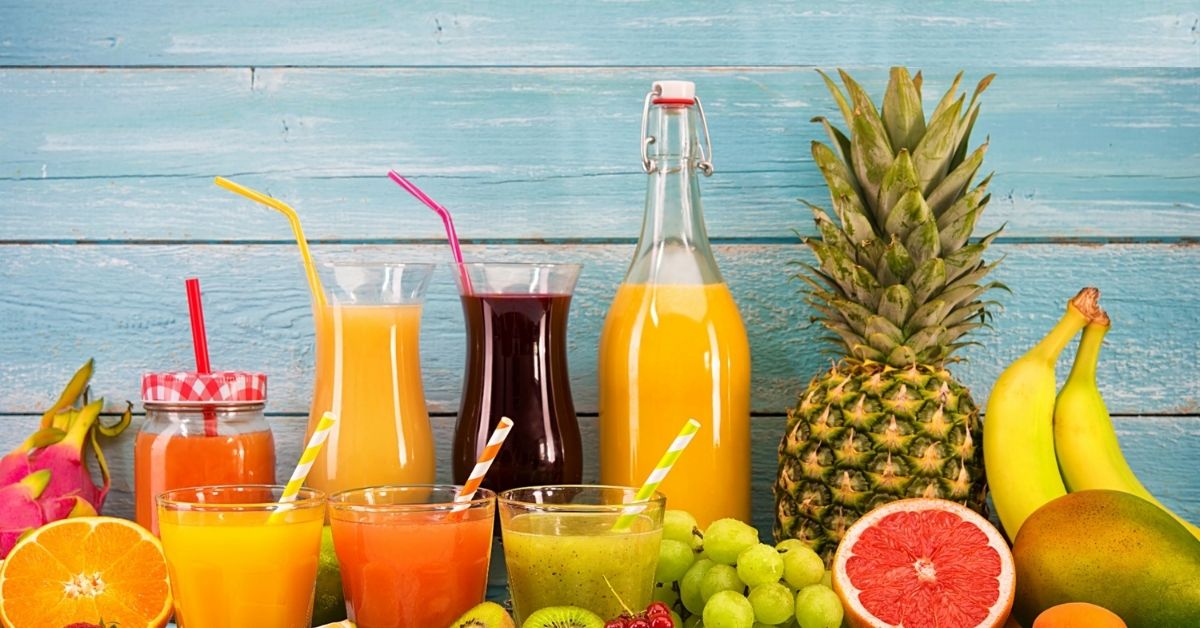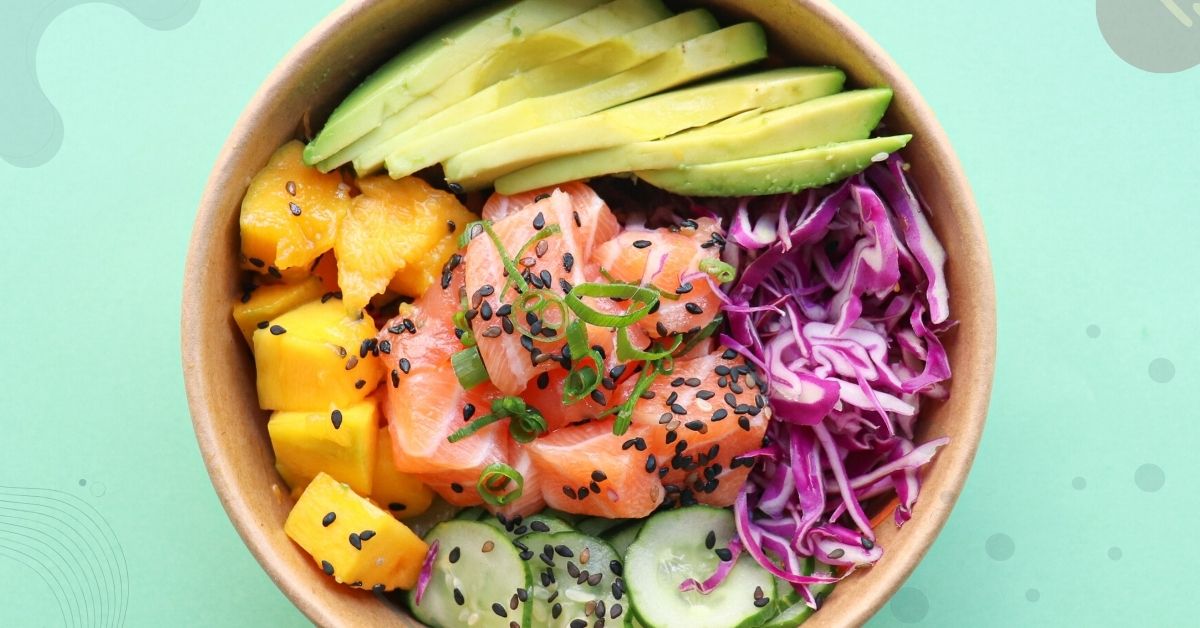Every parent wants the best for their kids. From picking up the right school to ensuring a perfect upbringing, it's a never-ending list of choices. And one of the biggest decisions is your child’s decision. The buzzword nowadays is organic. But is it really worth the hype? And what exactly does it deliver differently compared to regular foods, especially for kids? Or is it just another overhyped marketing trap?
The questions are many! Read this article to find out what actually is organic food and why it might be a healthier alternative for your little ones.
Organic Food: What Exactly It Is?
Do you know what makes food actually 'organic?' Here, we have the answer—organic foods are grown without the use of synthetic pesticides, herbicides, GMOs (genetically modified organisms), or harmful chemicals. On the other hand, for animal products, organic means the livestock was raised on organic feed and had access to the outdoors besides the assurance that it wasn't treated with antibiotics or hormones. In short, organic food is in its most natural state.
The Nutritional Content
One of the key reasons organic food is a top choice for parents is the belief that they’re more nutritious than traditional variants. According to the British Journal of Nutrition, organic crops contain higher concentrations of antioxidants—up to 69% more than their non-organic picks. And antioxidants play a big role in preventing illnesses and boosting overall health.
There’s a possibility that switching to organic food may give an extra edge when it comes to providing additional nutritional content to your little one.
Benefits of Organic Foods for Children
Fewer Pesticides, Fewer Worries
Another important aspect is the use of pesticides. While non-organic foods are typically sprayed with chemical pesticides and herbicides, organic foods, on the other hand, are grown without or with very few pesticides. Although these chemicals are used to ward off pests and increase crop yield, they pose significant potential health risks to not just kids but adults alike.
Did you know that non-organic strawberries, apples, and spinach had the highest pesticide residues, as per a study? And kids are more vulnerable to the harmful effects of such chemical residues since their little bodies are still in their development stage.
So, by picking up organic foods, you're reducing your child’s exposure to these harmful chemicals. But that does not necessarily eliminate all the risk, but yes, significantly.
Kinder To The Planet
Organic food is also associated with showing kindness to the planet and not just to overall health. Organic farming practices promote soil health, reduce pollution, and conserve water—in short, we say sustainable—the latest buzzword. By switching to organic variants, you are also contributing towards taking care of the environment.
The Taste Factor
Many parents find organic food to taste better, probably because it's grown in a healthier, pesticide-free environment. Since kids are picky eaters, taste is something that matters a lot, in fact the most when it comes to food. So, you've got to make sure your picks have the best taste out there.
No Hormones, No Antibiotics
Kid’s bodies are in a consistent growth phase. Non-organic meats often come from animals treated with growth hormones and antibiotics, which can end up interfering with this growth process. Even though the long-term impact of these chemicals is yet unknown, according to studies, they could contribute to antibiotic resistance and hormone-related health issues in humans.
In contrast, organic meat and dairy products come from animals that are hormone-free and raised without antibiotics.
Lesser Risk of Allergies
While its yet to be confirmed, some studies even state that kids who consume organic foods are less likely to develop food allergies compared to the ones who consume the traditional forms. Though it doesn’t guarantee that organic foods prevent allergies, it perhaps indicates a possible link between organic diets and reduced allergic reactions.
Takeaway
Making a shift to organic food is a personal choice yet has a lot to offer, including the nutritional content, the taste factor, fewer pesticides, and better for the environment. If a few extra sums here and there can make that happen, isn’t it worth it? After all, every small change can add up in the long run when it comes to health.









